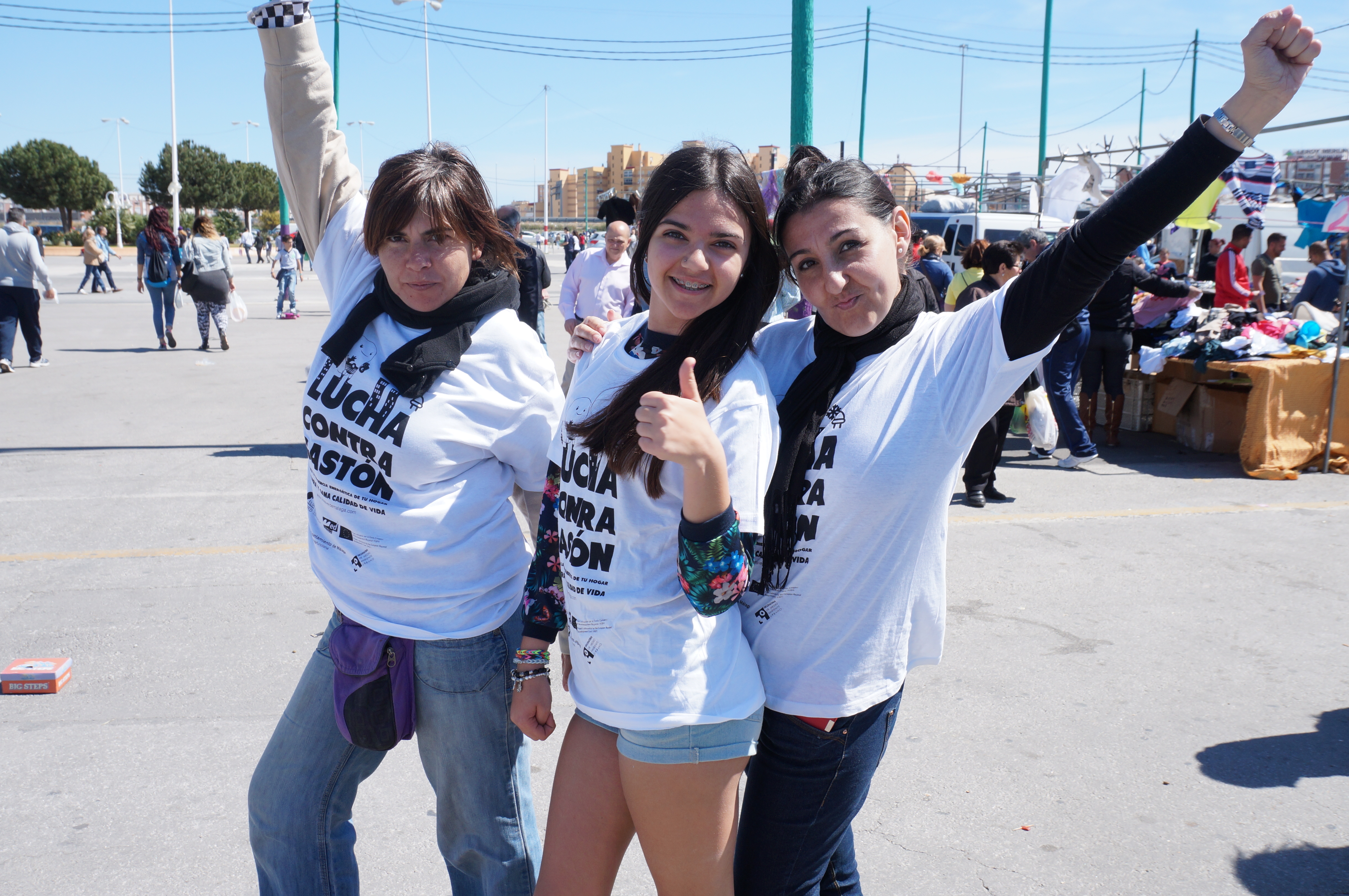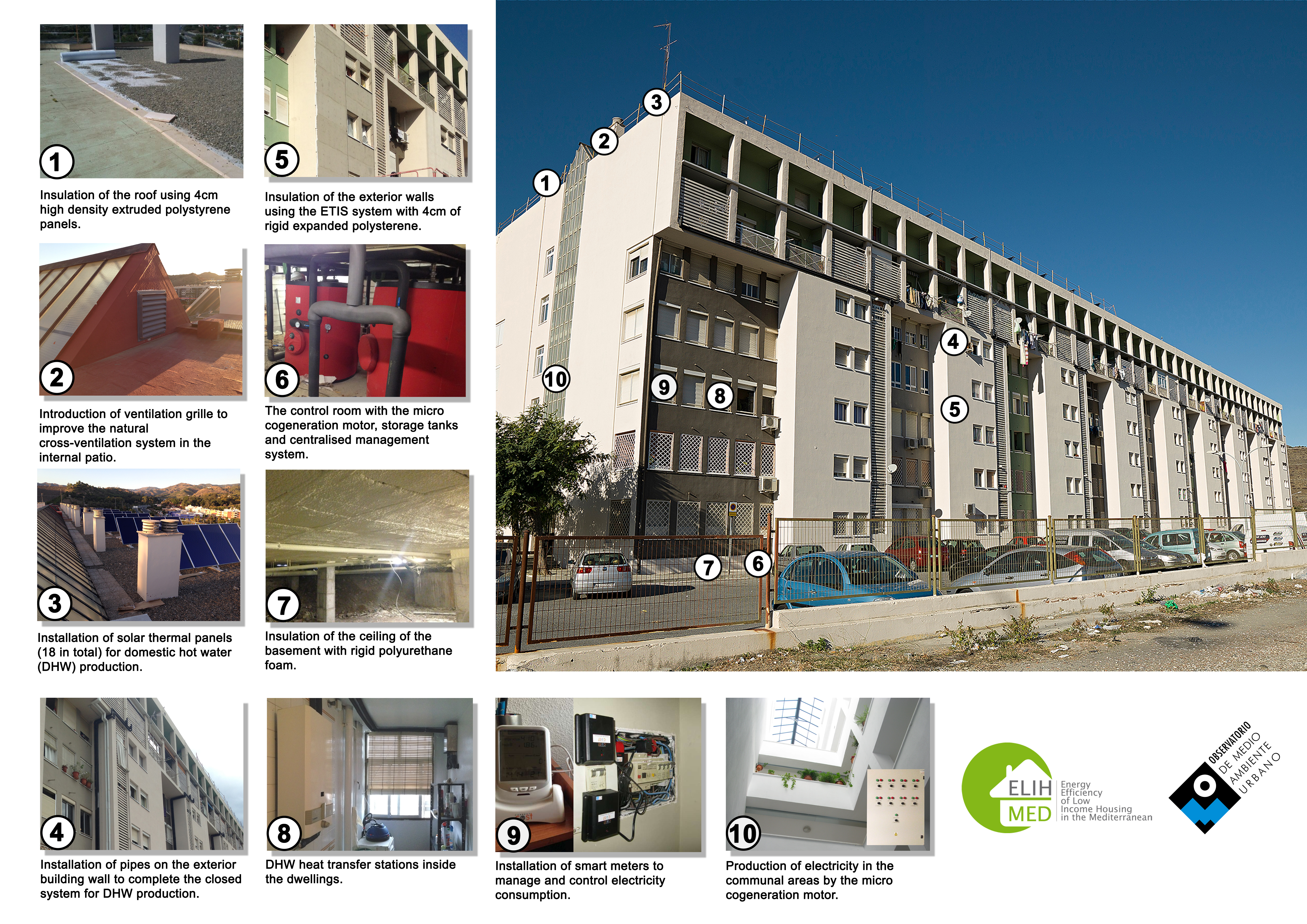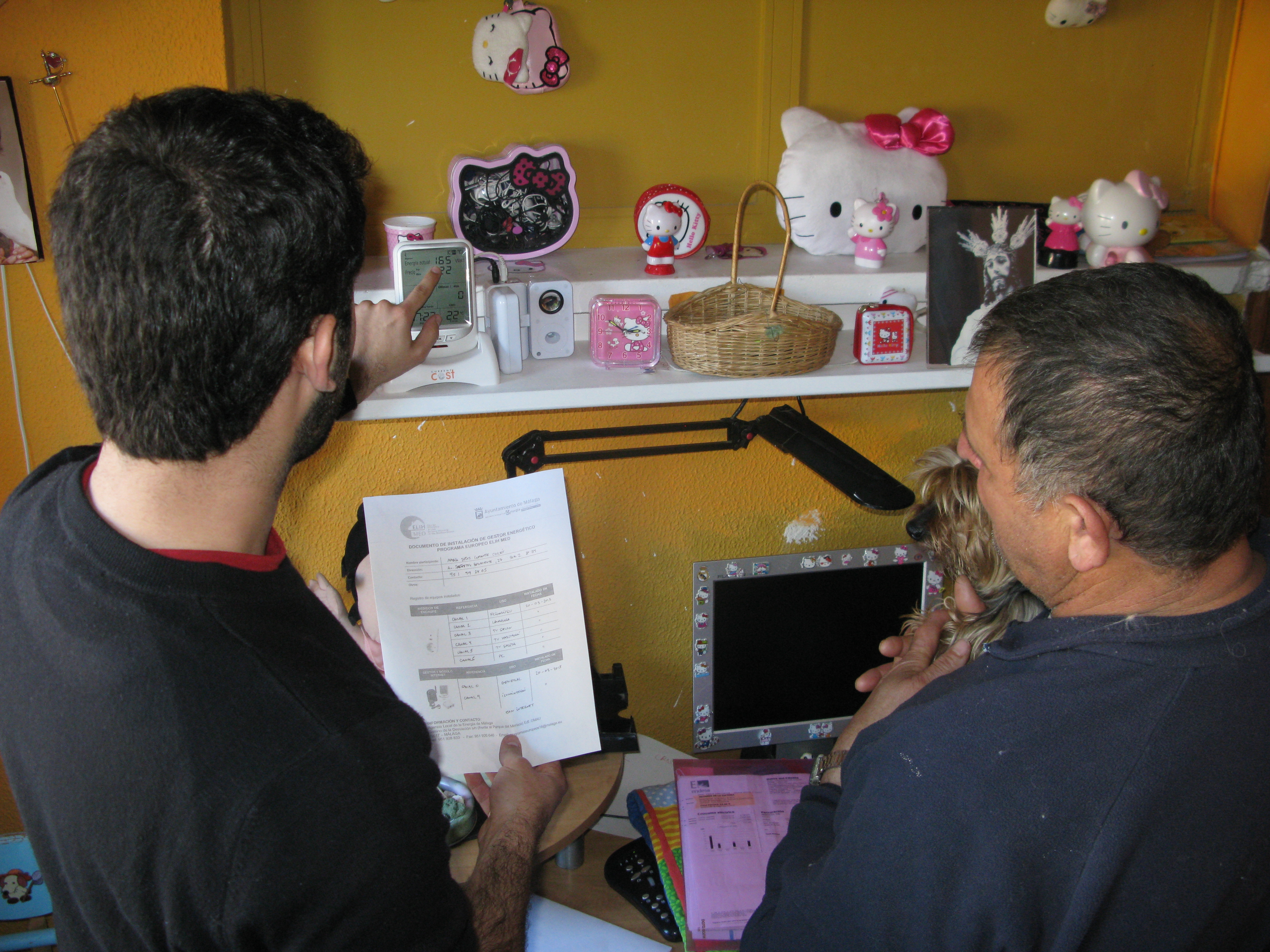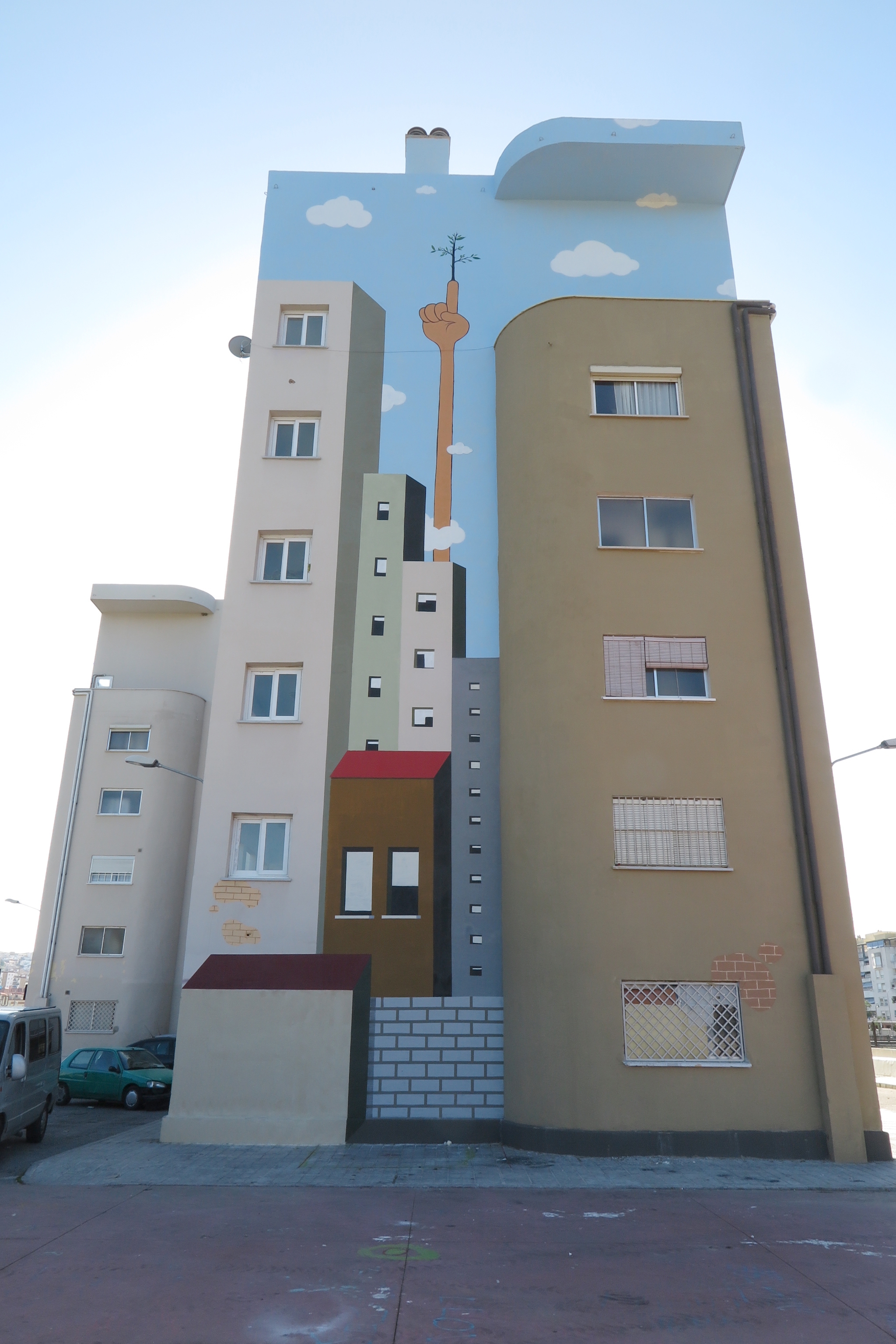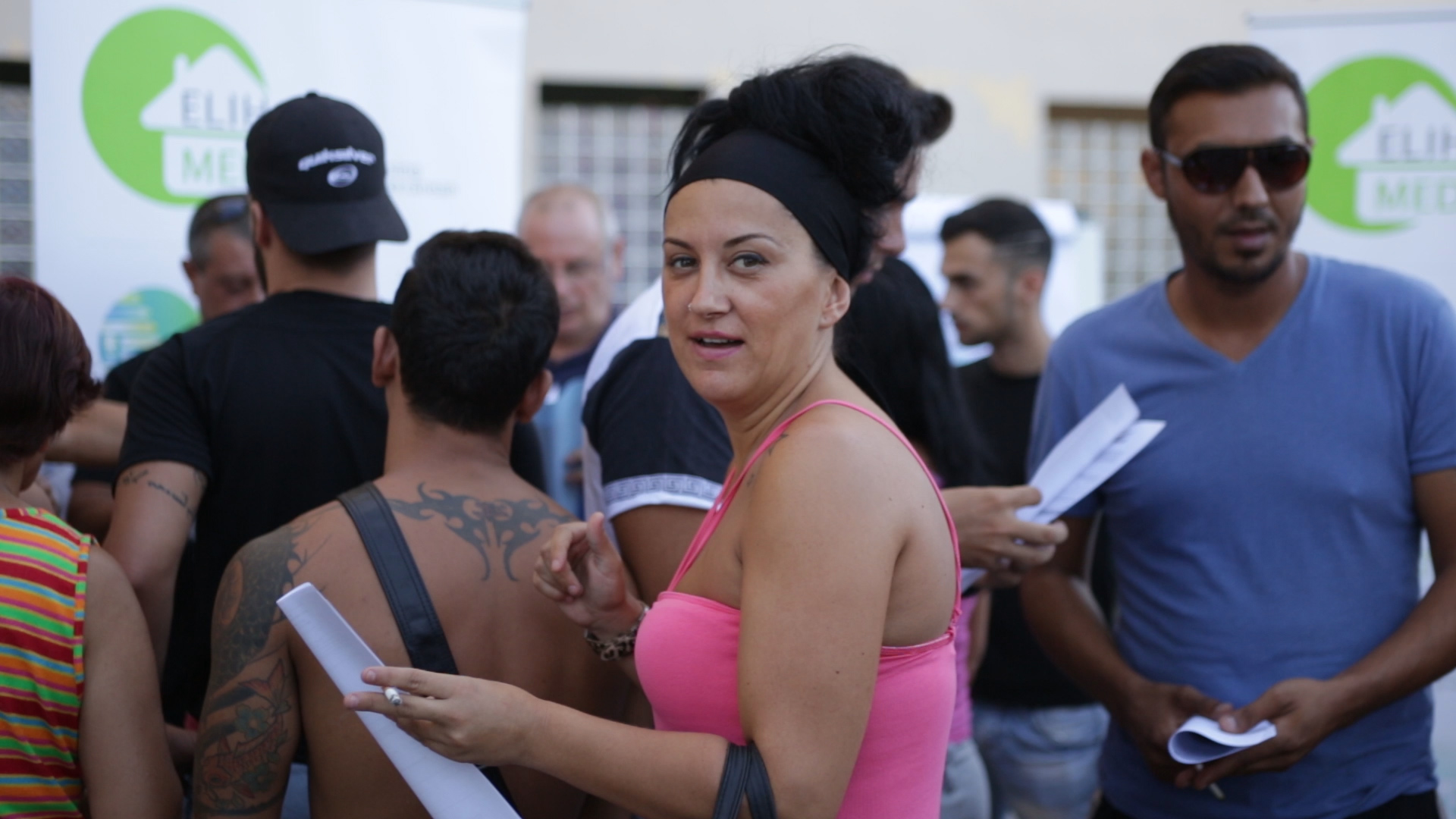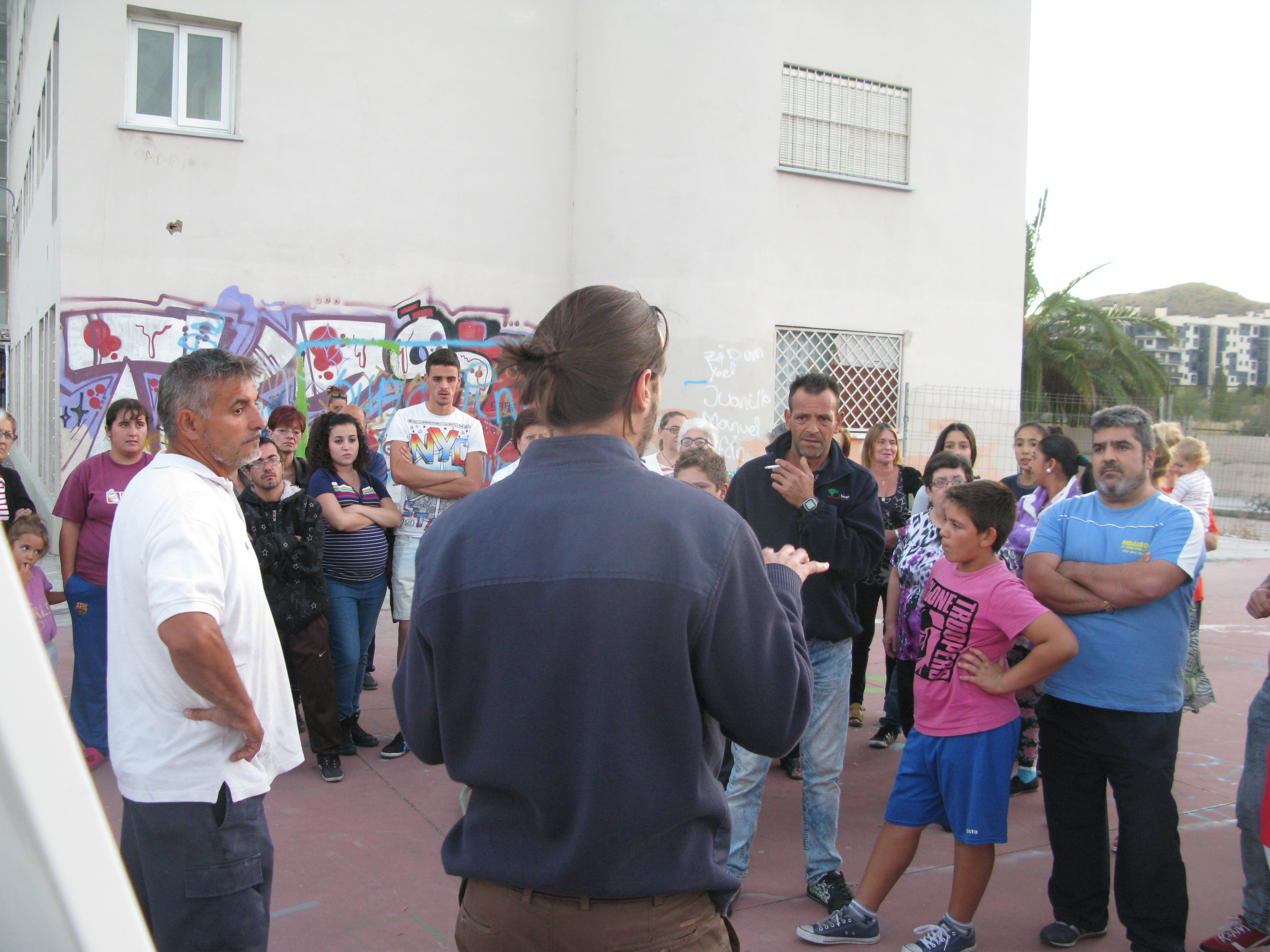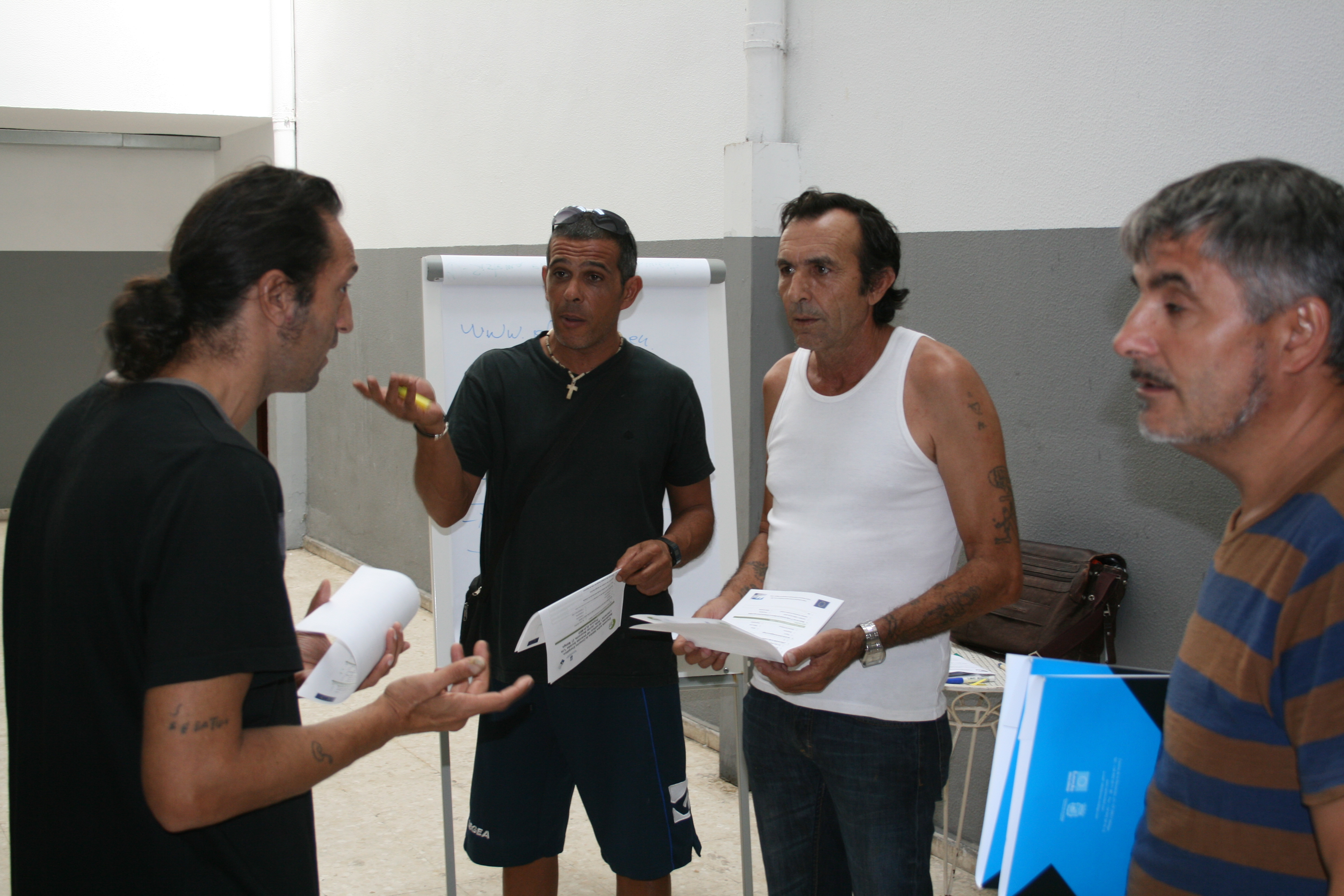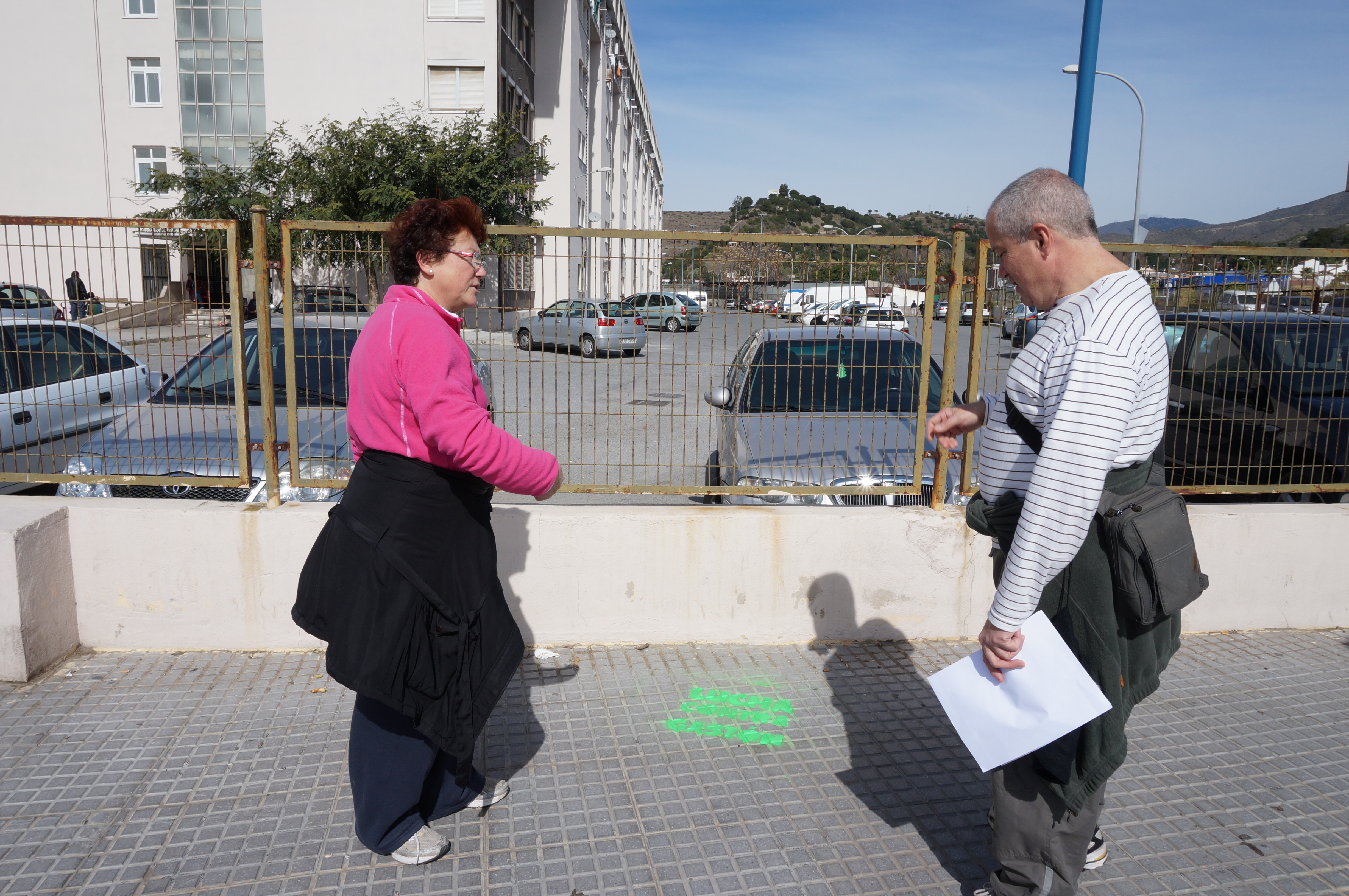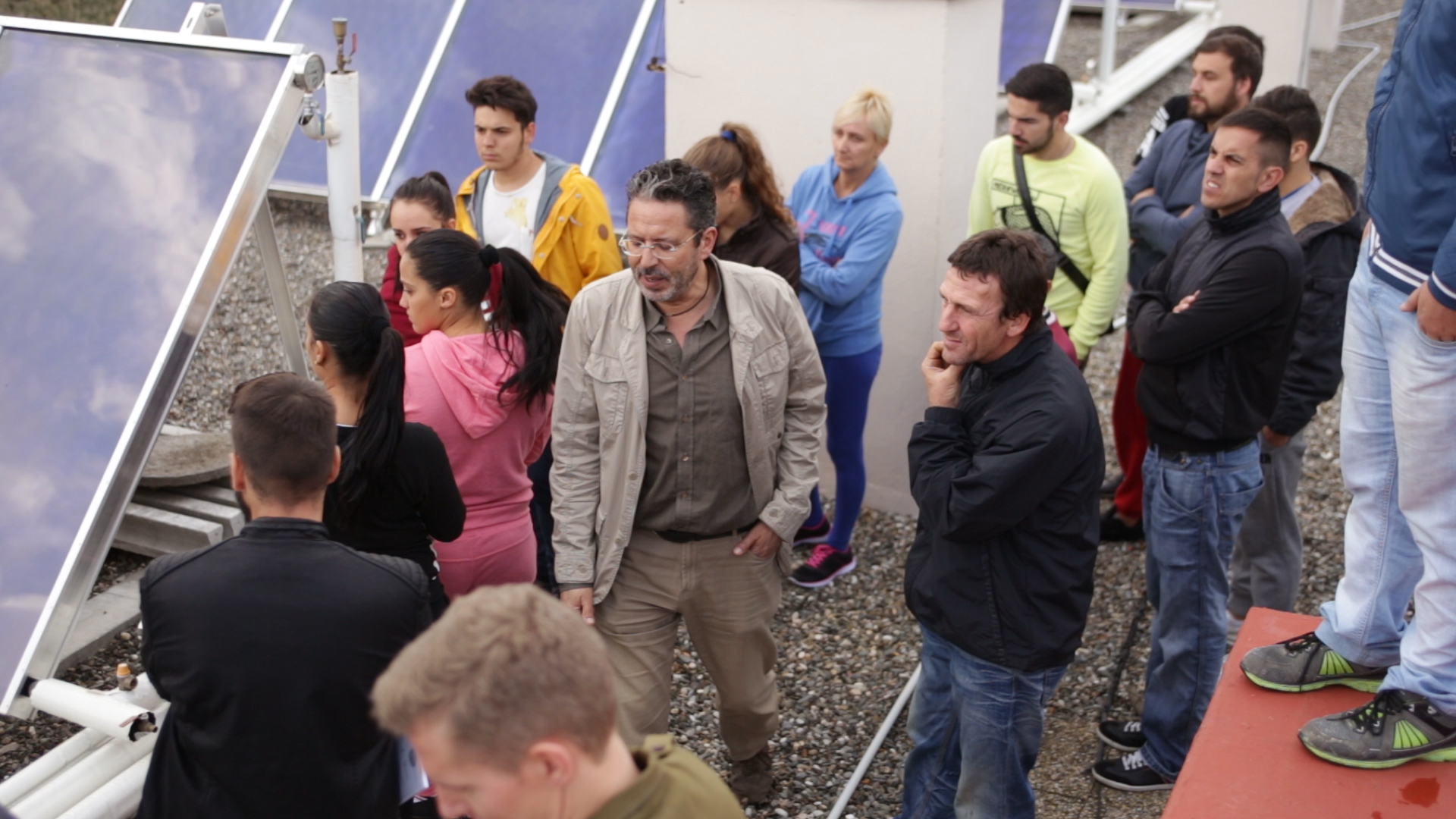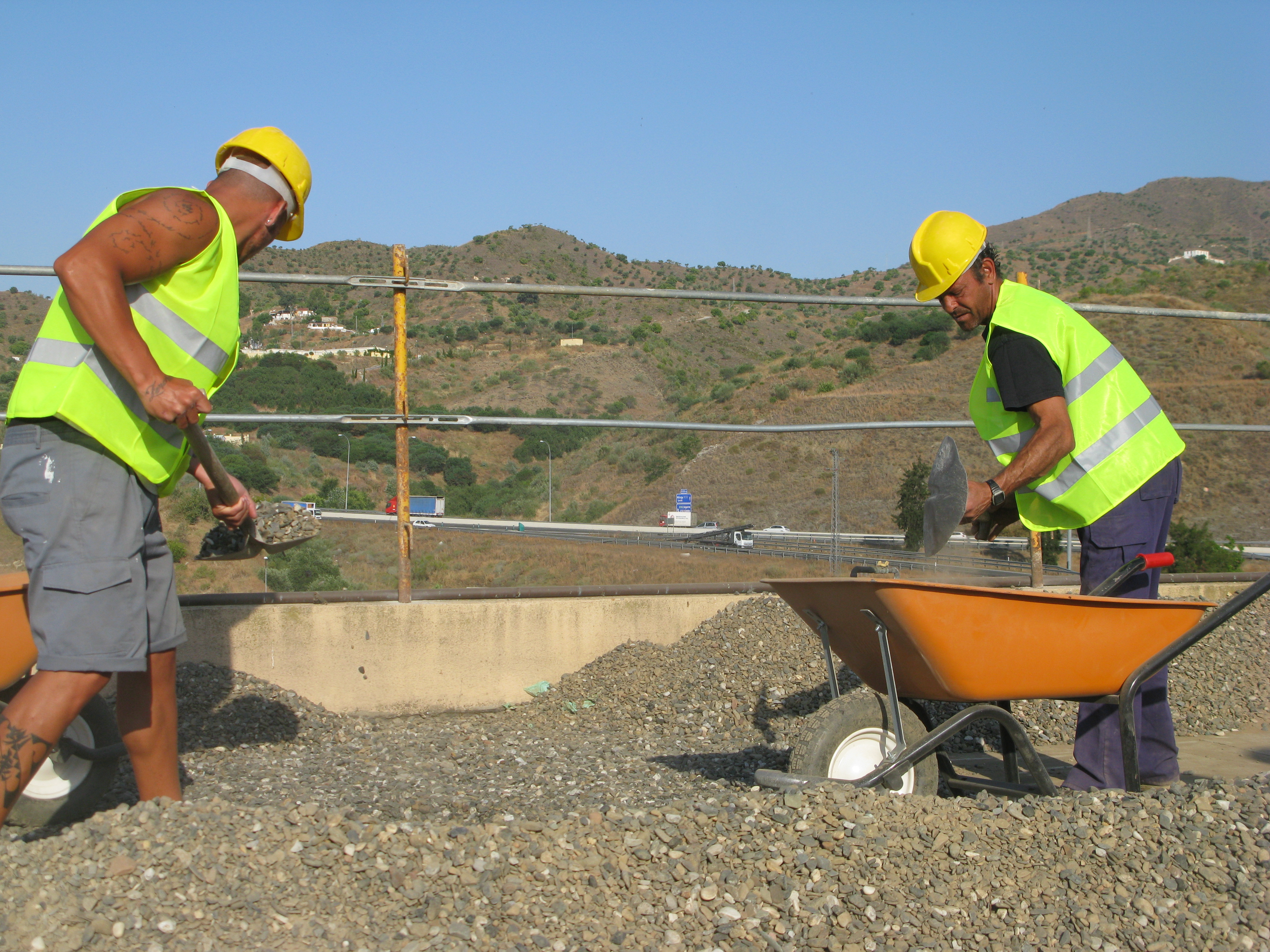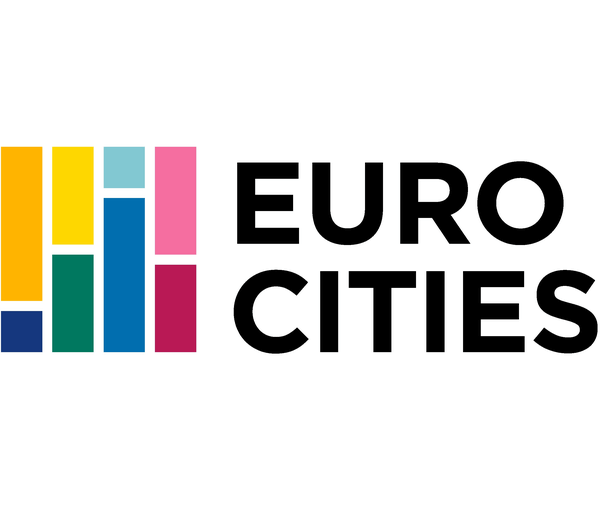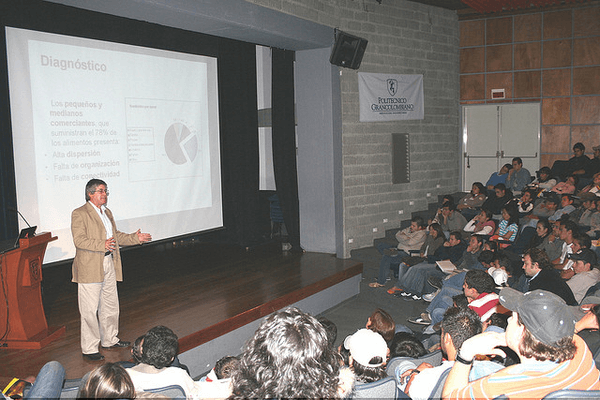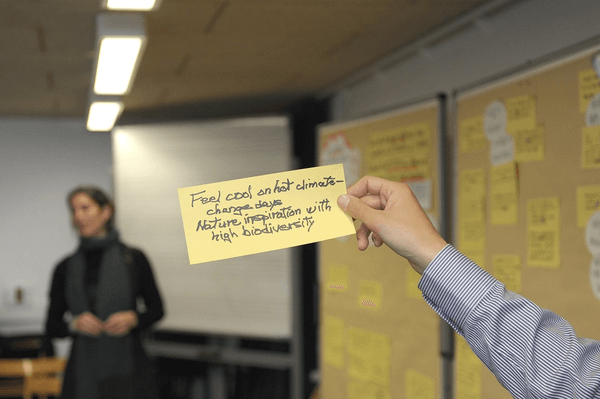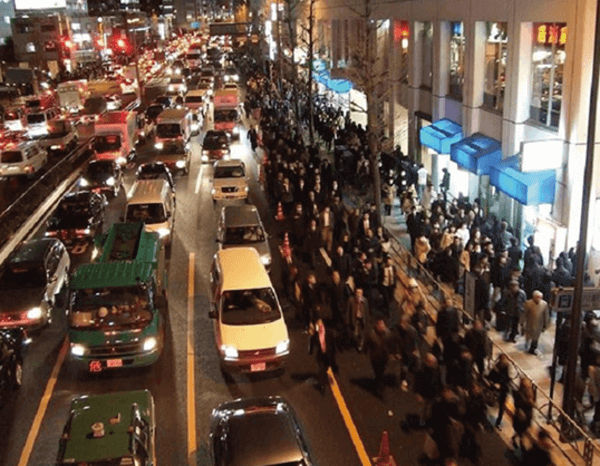City
Malaga
Main actors
City Government, Community / Citizen Group, other
Project area
Neighborhood or district
Duration
2011 - 2014
Los Limoneros is a social housing complex, which thanks to the project has significantly improved its energy rating.
From 2011 to 2014, the city of Malaga carried out the ‘energy efficiency refurbishment through participation' project to help reduce energy consumption in Los Limoneros. Many residents living in this deprived neighbourhood were primarily opposed to energy efficiency measures, being afraid that it would increase their rents.
Council staff members, acting as liaison officers in the neighbourhood, helped building trust with the residents. From the beginning, the community has been actively involved in the process, and residents could engage in the "Pilot Project Participative Group" to discuss the measures. As a result of these discussions, the city drew up and implemented a detailed energy efficiency plan. An awareness raising campaign and a smart metering campaign helped sharing the message.
Involving the local community in the decision-making process has been a key success factor for the project. City staff managed to really engage with citizens and gain their trust. Throughout the process, the community has developed a sense of ownership and residents could learn new skills.
Originally published by EUROCITIES, the network of 130 European cities - PDF: http://nws.eurocities.eu/MediaShell/media/Citiesinaction_LosLimoneros_Malaga_Feb15.pdf
Eurocities Awards
This project was awarded the 'Eurocities Awards' in 2014 in the following category: Participation.
On Map
The Map will be displayed after accepting cookie policy
